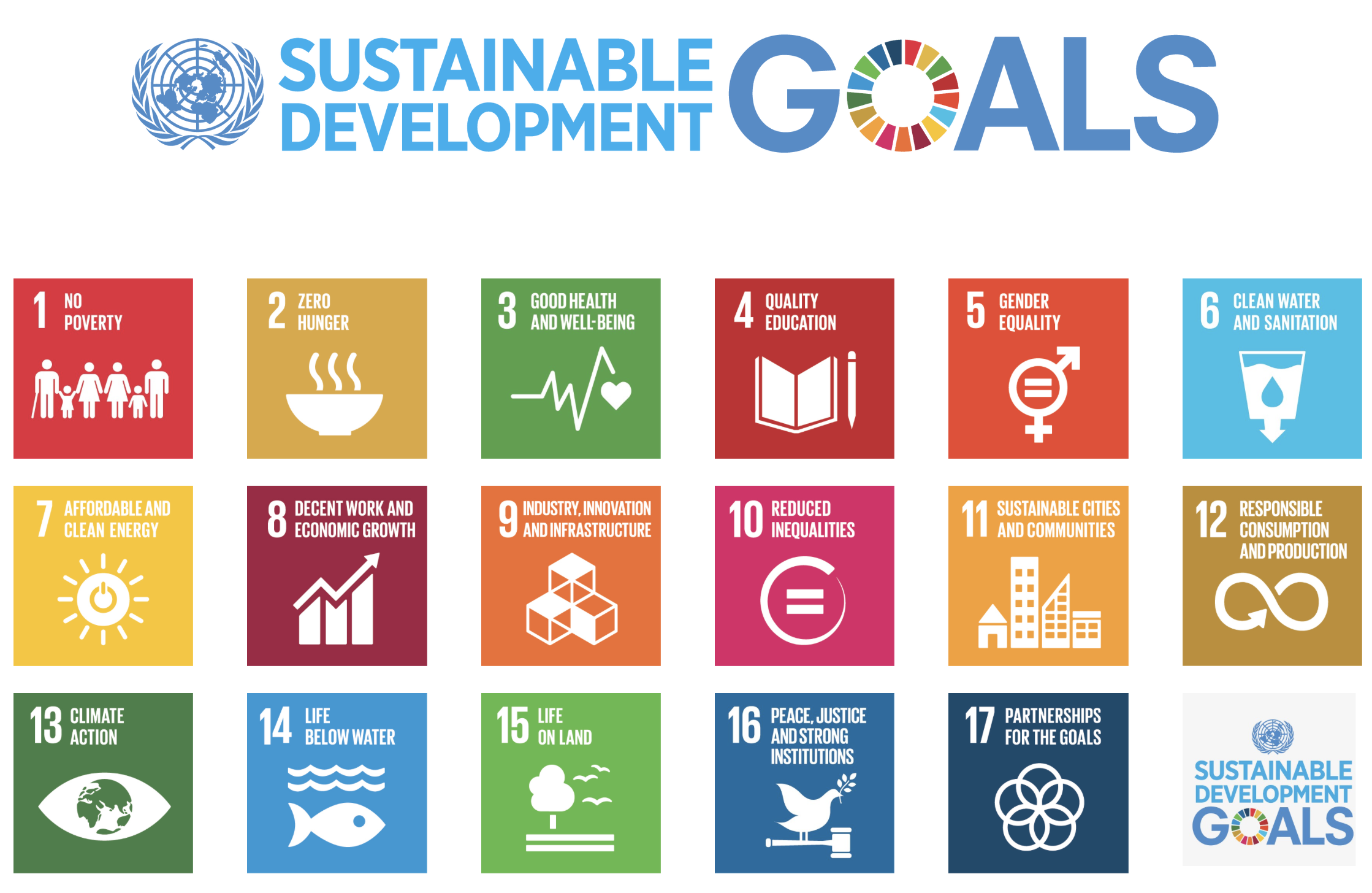Hourly Pension Pool
McMaster invests the Hourly pension pool (the “Hourly Pool”) funds in investment manager products that are diversified across asset classes, and geographies. The selection of investment manager products incorporates performance and environment, social, and governance (“ESG”) considerations associated with the United Nations 17 sustainable development goals. McMaster’s Hourly pension pool investment manager is a signatory to the UN Principles for Responsible Investment (“PRI”). The investment manager uses an ESG-Integrated approach, aligned with the CFA Institute’s current guidance, as part of the product’s company selection process.

Hourly Pension Pool Managers
The investment manager is monitored by the Hourly Pension Plan Committee in accordance with the policies and procedures approved annually by the Board of Governors.
The Hourly Pool uses pooled investment manager products. The pooled products often provide access to large portfolio products that would not be accessible directly using a segregated account. McMaster does not have any discretionary direction on pooled accounts over the companies selected by the Investment Manager. Investment Managers of pooled products are hired for alignment to the policy and assess each company added or removed from its product using its ESG-integrated approach reviewed and accepted by the Hourly Pension Plan Committee.
The current investment manager and products used are listed below with links to the company’s website for further information.
Canadian Equities
| MANAGERS | PRODUCT | POOLED OR SEGREGATED |
| Jarislowsky Fraser | Canadian Equity | Segregated |
US Equities
| MANAGERS | PRODUCT | POOLED OR SEGREGATED |
| Jarislowsky Fraser | US Equity | Pooled |
EAFE Equities
| MANAGERS | PRODUCT | POOLED OR SEGREGATED |
| Jarislowsky Fraser | EAFE Equity | Pooled |
Fixed Income
| MANAGERS | PRODUCT | POOLED OR SEGREGATED |
| BlackRock | Blackrock Canada Universe Bond Index Class A | Pooled |
| Blackrock Canada Long Bond Index Class A | Pooled |
Weighted Average Carbon Intensity
The weighted average carbon intensity measures the Hourly Pool’s exposure to potential carbon-intensive companies, expressed in tons greenhouse gas converted to carbon dioxide emissions using the greenhouse gas protocol per million sales, written as tCO2e/$Sales. This metric is recommended by TCFD after global consultations involving over 1,100 organizations.
The weighted average carbon intensity (“WACI”) for the Hourly Pool as at June 30, 2023 is 98.2tCO2e/$MSales based on 79.0% data availability, as measured by MSCI. The Hourly Pool’s WACI is 44.6% lower than the WACI measure for the benchmark portfolio.
The weighted average carbon intensity of the Hourly Pool for the public equity is 82.9/tCO2e/$Sales based on 100.0% data availability. The Hourly Pool’s public equity WACI is 52.6% lower than the WACI measure for the policy benchmark portfolio.
Where data is not available, Scope 1 and 2 carbon emissions are estimated using MSCI’s proprietary carbon estimation model.
Clean Technology Solutions
The Hourly Pool includes investment holdings that offer clean technology solutions. MSCI measures the weight of these solutions based on sales across the following categories: alternative energy, energy efficiency, green building, pollution prevention, and sustainable water. The Hourly Pool weight of companies offering clean technology solutions is 21.2%
FOSSIL FUEL RESERVES
The Hourly Pool initiated a carbon measurement in 2022 and is establishing carbon risk objectives and strategies aligned with the United Nations Principles for Responsible Investing. The Hourly Pool tracks the weight of publicly traded holdings owning fossil fuel reserves and specific high impact fossil fuels such as coal, oil sands, shale oil and shale gas that are more exposed to stranded asset risk. Coal is by far the most intensive fuel emitting twice the emissions per kilowatt hour than natural gas. Stranded asset risk has focused on thermal coal, which is mainly used in power generation. While both thermal and metallurgical coal have a high carbon content, metallurgical, or coking coal is used in steel making and has few substitutes, so many investment managers believe thermal coal is more vulnerable to stranding whereas there will still be a future need for metallurgical coal since substitutes such as natural resources are insufficient in supply and durability.
The Hourly Pool has a 1.4 % weight of holdings owning high impact fossil fuel reserves .
The Hourly Pension Plan Committee will establish strategies to achieve to manage its carbon risk objectives and monitor the impact those initiatives on this metric
